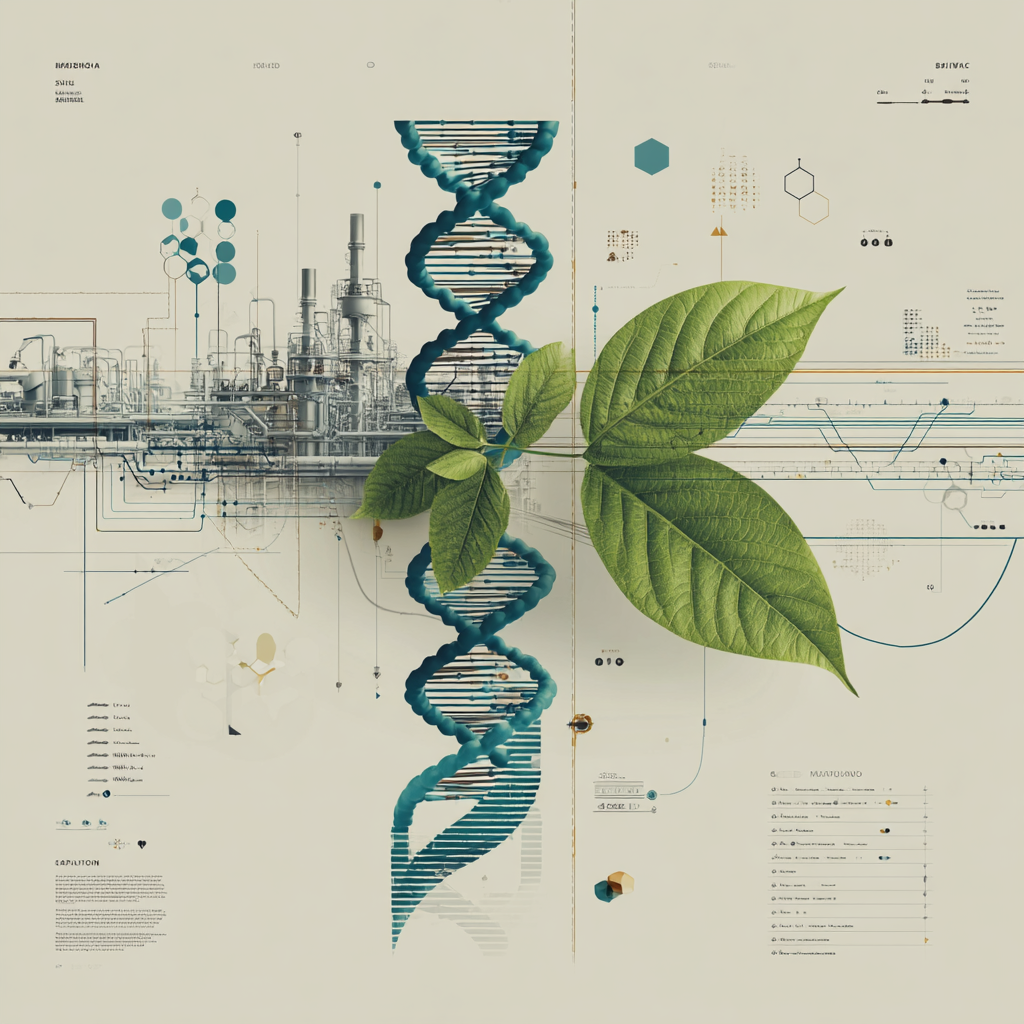Distributed Drug Manufacturing
Last week I mentioned I've been obsessing over generic drug manufacturing.
This isn't an out-of-the-blue Karl Schmieder obsession. I've worked on communications projects for biopharma manufacturers and, for about a decade, have written about quality control issues associated with foreign manufacturers.
Earlier this year, Messaginglab was lucky enough to work with the not-for-profit pharmaceutical company Civica Rx. Civica Rx was formed by a consortium of hospital systems to solve the generic drug shortages that have plagued hospitals for more than ten years. In two years, Civica has launched multiple medications. Most recently, they've
Shipped nearly 1 million vials of essential medicines to over 250 locations
Provided painkillers with appropriate safeguards, to health systems across the country that are in extremely short supply due to the number of COVID patients
Worked with the Veterans Administration to ensure medications can be delivered to the veterans' locations that are in significant need.
While Civica is one solution to the drug shortage problem, we need multiple solutions because the statistics are alarming: At any given time, between 150 and 200 essential medicines are in shortage.
COVID-19 pandemic has had me asking: Who is going to solve this challenge?
Over the past two months, the tone of headlines around drug shortages has changed from warnings (Coronavirus threatens shortages of 160 drugs on February 23) to admissions that shortages are occurring (Coronavirus demand causes shortages of key hospital anesthetics, painkillers on April 13).
And we're only six weeks into the pandemic.
This hasn't gone without notice. Before the pandemic, the Pentagon and several senators pointed out drugs manufactured overseas are a national security issue. Earlier this year, the President's Trade Advisor announced he had an Executive Order to force domestic drug manufacturing.
As we think about how the U.S. will re-emerge from the pandemic, it's clear that supply chains will be secured, and at least some drug manufacturing will be re-shored. This is an opportunity to make the drug supply chain more resilient.
I'm not sure what this looks like in six or twelve months and am presenting this as an opportunity. In my mind, the production of certain drugs in shortage is an opportunity to deploy advanced bio-manufacturing techniques that confer a multi-year competitive advantage. If we don't have the workforce to do so, that means workforce retraining, which has its own economic benefits.
I've been told no one is going to get into this game unless it's government-subsidized.
I've also been told that U.S. officials railing against foreign manufacturers usually doesn't mean anything substantive. But we've got facilities all over the Northeast and in Puerto Rico. We've got the talent that was making essential medicines for the world.
What we need is the will.
If you enjoyed this post, here are some others you may enjoy.





